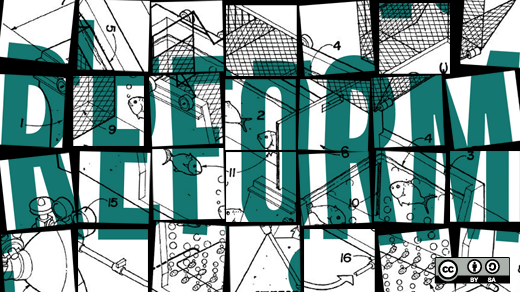Patent reform is hot! The momentum seems to be building in Congress for patent reform to address the problem of nefarious patent exploiters (also known as non-practicing entities, patent assertion entities, and, less politely, trolls). As previously noted here, there are a number of serious legislative proposals circulating, and the President is pressing for new legislation.
This week a broad coalition of businesses added their voice to the pro-reform chorus with a ringing letter to Congress. The letter asked for legislation to expand the Covered Business Method program, which allows for special challenges to the validity of business method patents involving financial services. The letter proposes that the program be expanded beyond financial services to address "these frequently abused patents."
The tone of the letter was not tentative. It gave a strong account of why reform is needed:
In 2011 alone, patent troll activity cost productive companies $29 billion in direct payouts, and even more in indirect costs. Increasingly, PAEs are targeting small and medium-sized companies in every sector of our economy.
Too often, abusive PAE litigation exploits low-quality business method patents. The vague and sweeping scope of many business method claims covering straight forward, common sense steps has led to an explosion of patent claims against processes used every day in common technologies by thousands of businesses and millions of Americans. PAEs often buy questionable business method patents and assert them against dozens of diverse businesses that use standard technologies like document scanners and common features of the Internet, like promoting discounts or conducting live web chats with customers. Indeed, business method patents are litigated nine times more often than other types of patents. These low-quality claims fuel suits seeking settlement payouts based on the costs of litigation, not the merits of the case. It rarely makes sense for a defendant to spend years in litigation and millions in legal fees to prove that a PAE patent is invalid when it could settle for much less.
The letter was signed by a group of 44 companies that was striking in its breadth and diversity. There were many tech and e-commerce companies (including Amazon, Dell, eBay, Google, Facebook, Netflix, and Red Hat), but also retailers (Kroger, Eddie Bauer, J. Crew, Macy’s, Safeway, Wal-Mart), and others. These are not small players!
To be sure, the letter discusses only one reform, and neither it nor other pending proposals will completely solve the problem of bad software patents. Open source supporters should continue to speak out for broader reform. But, it’s good to see that meaningful reform looks increasingly likely.







2 Comments